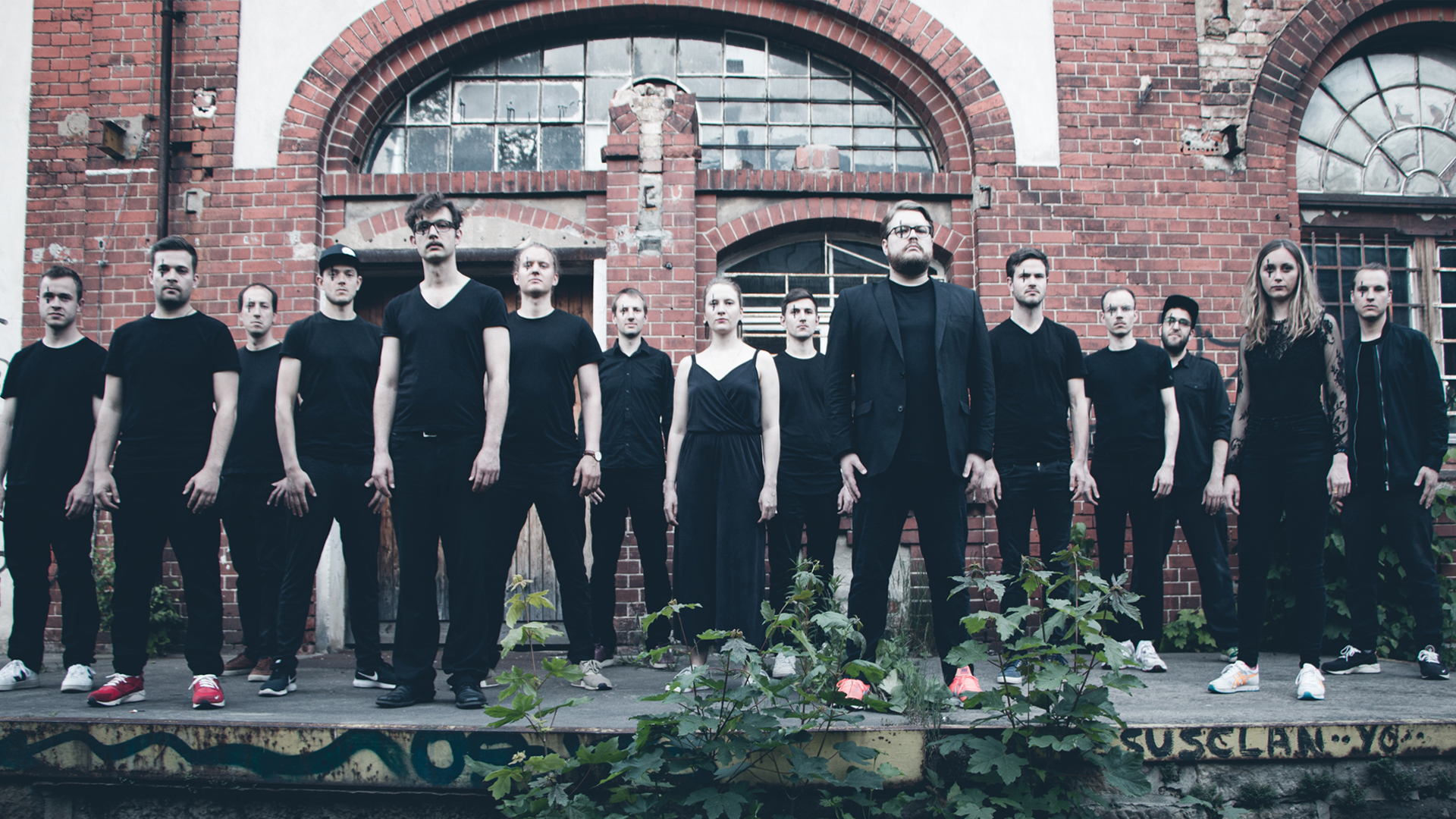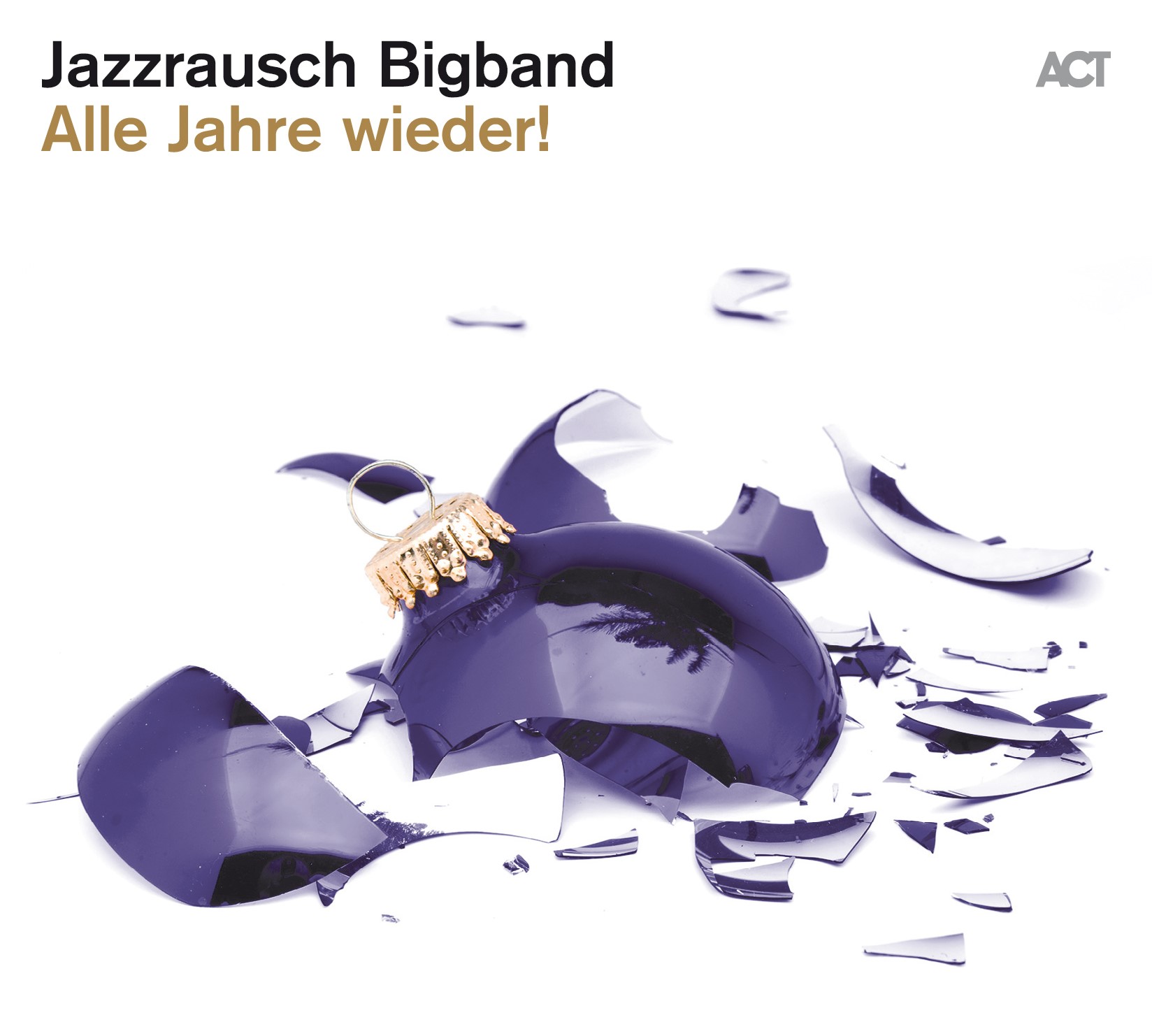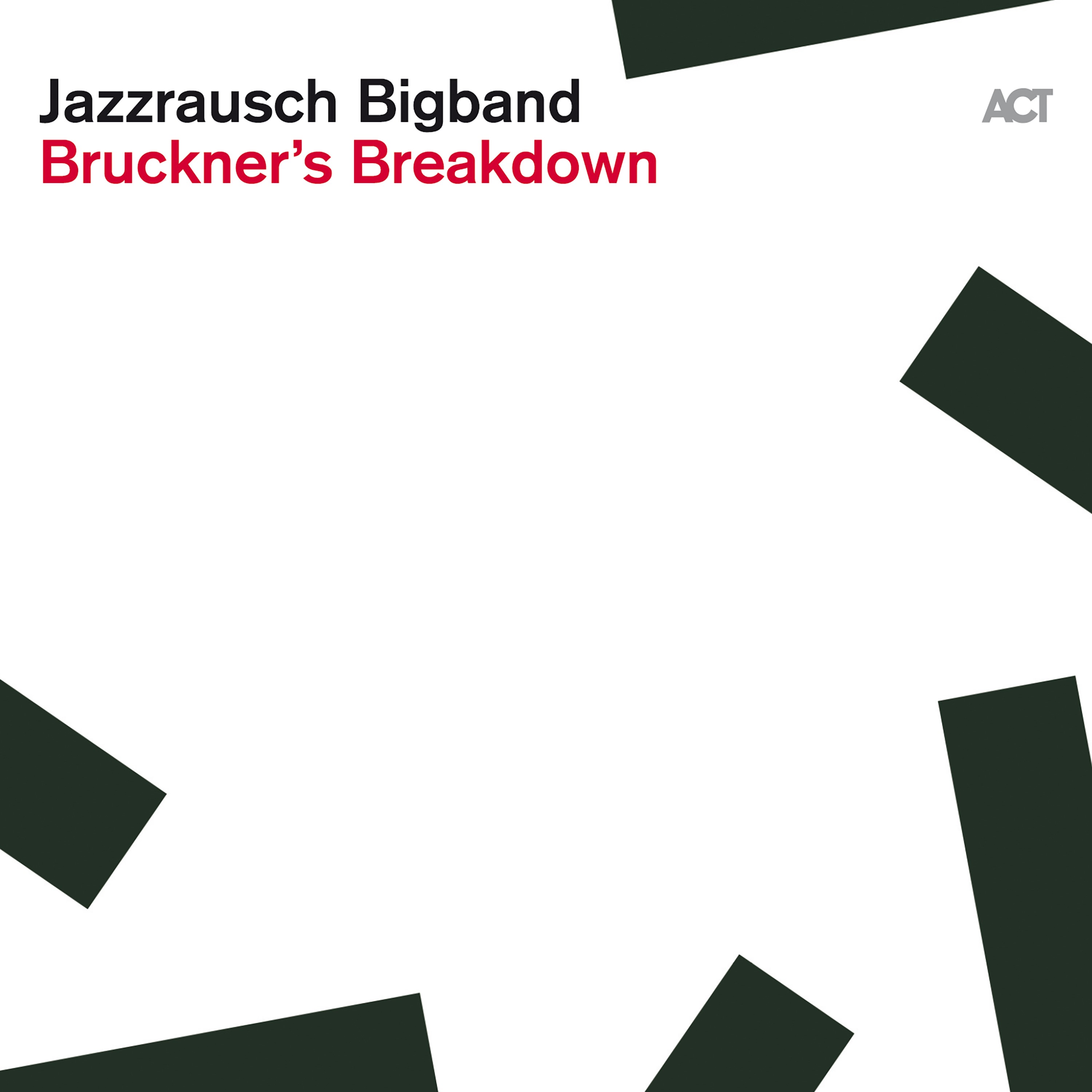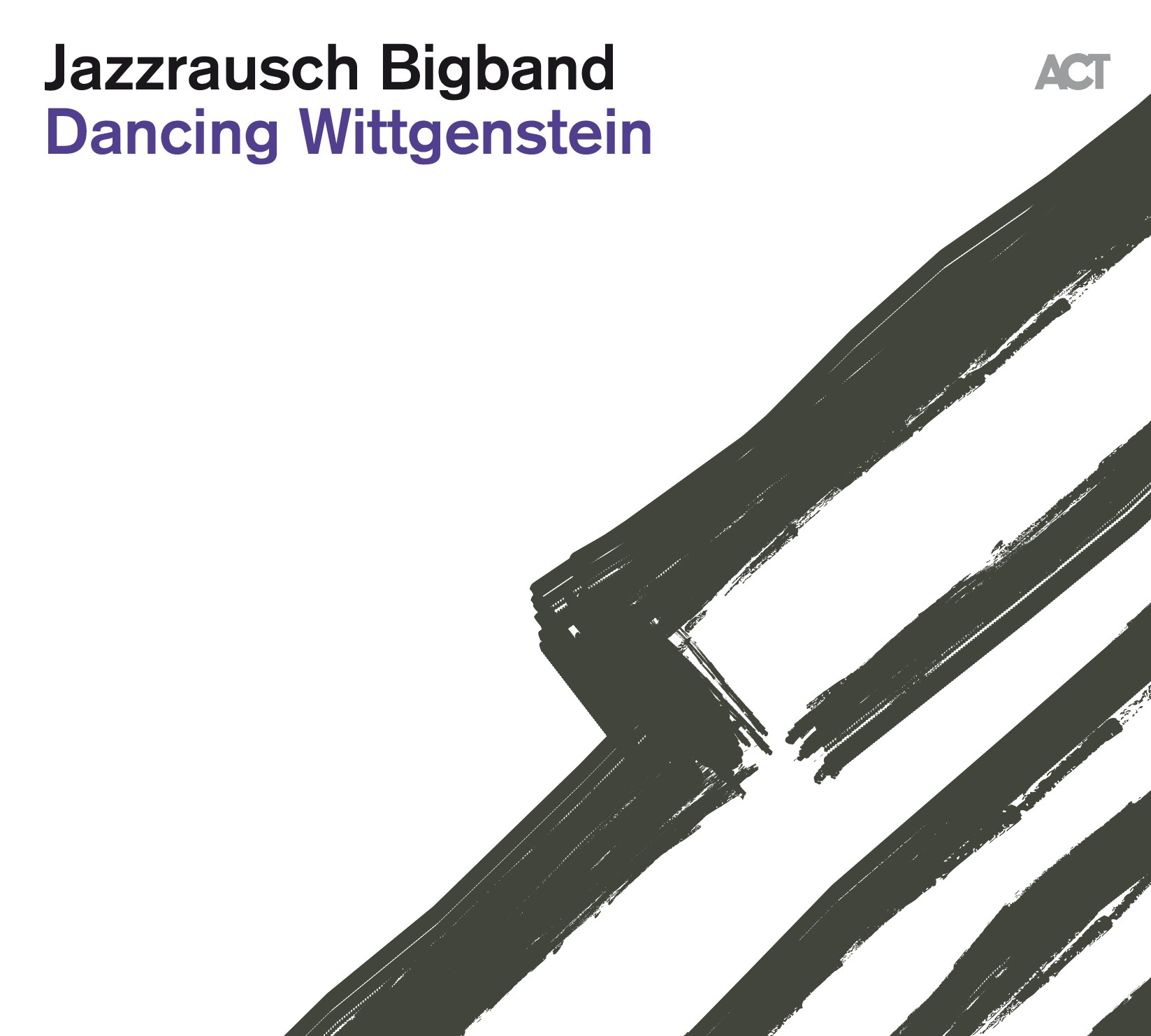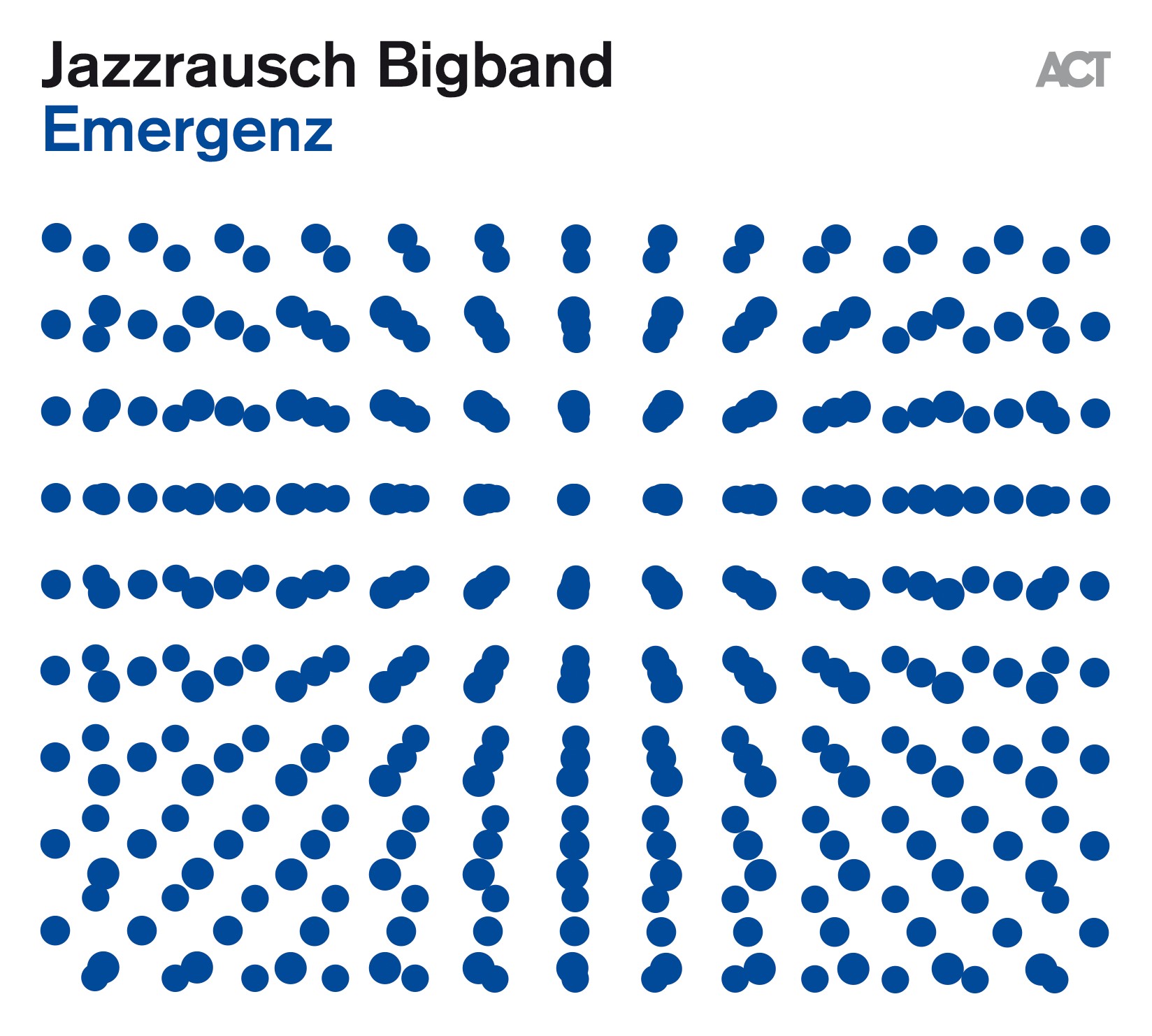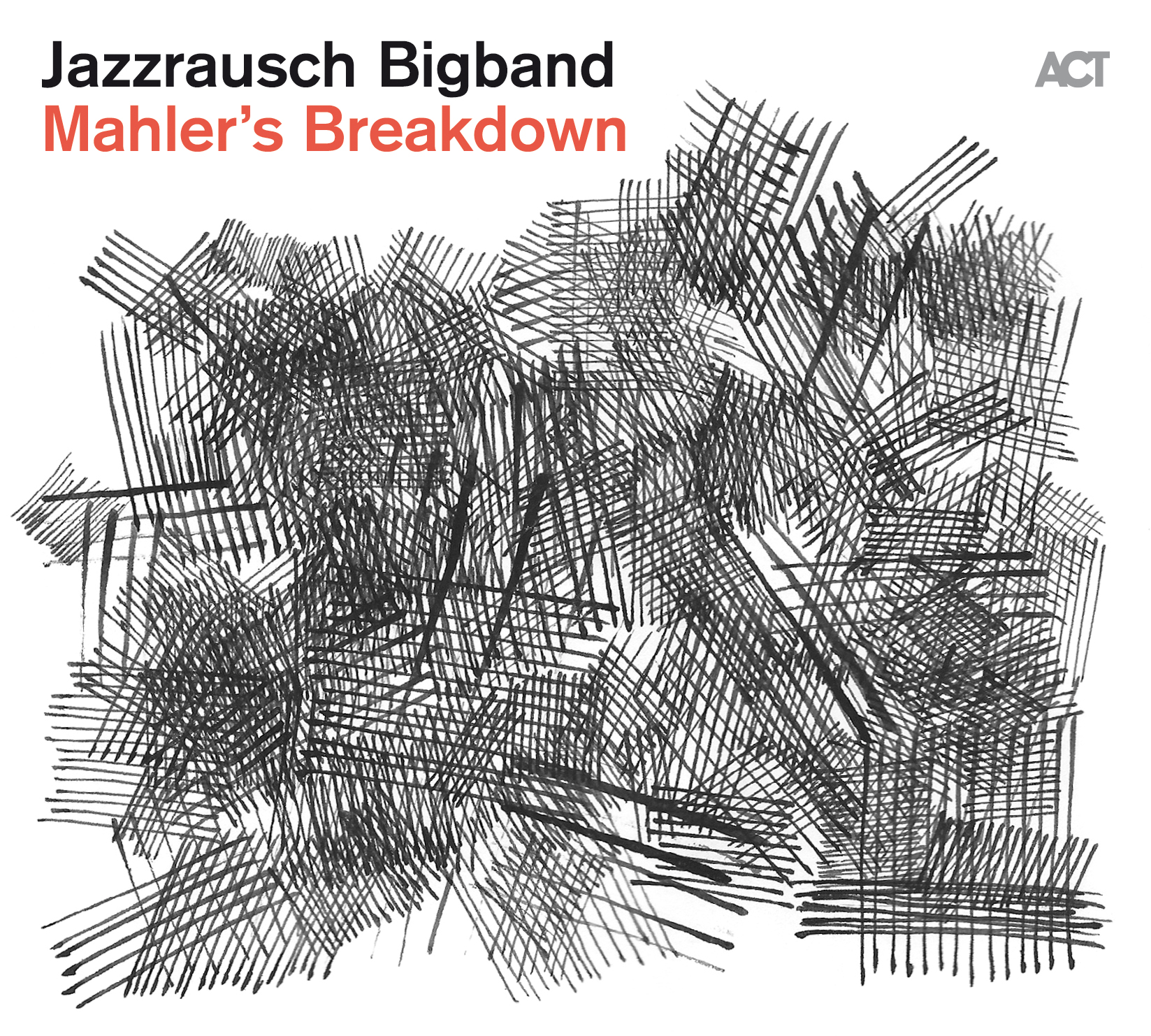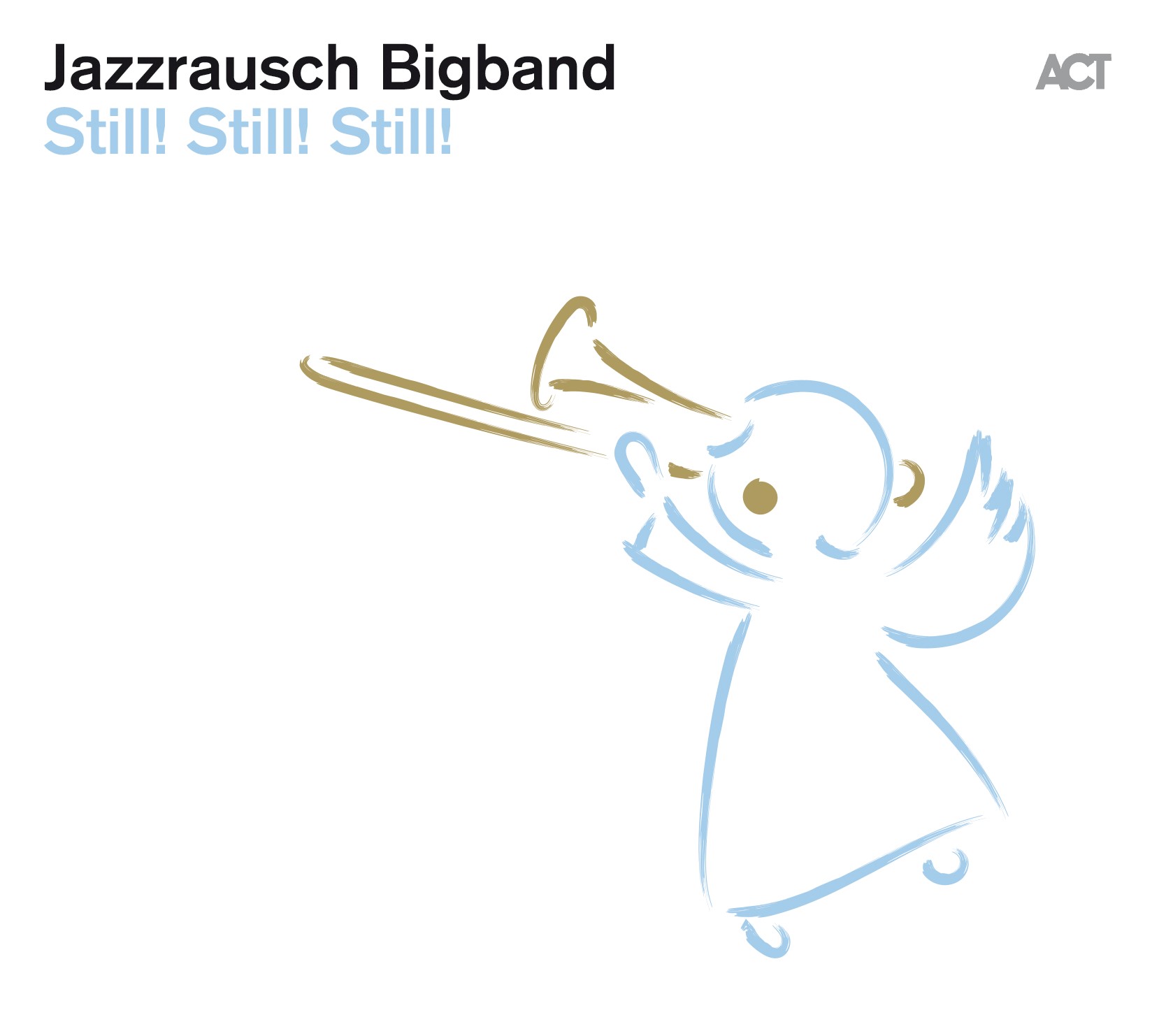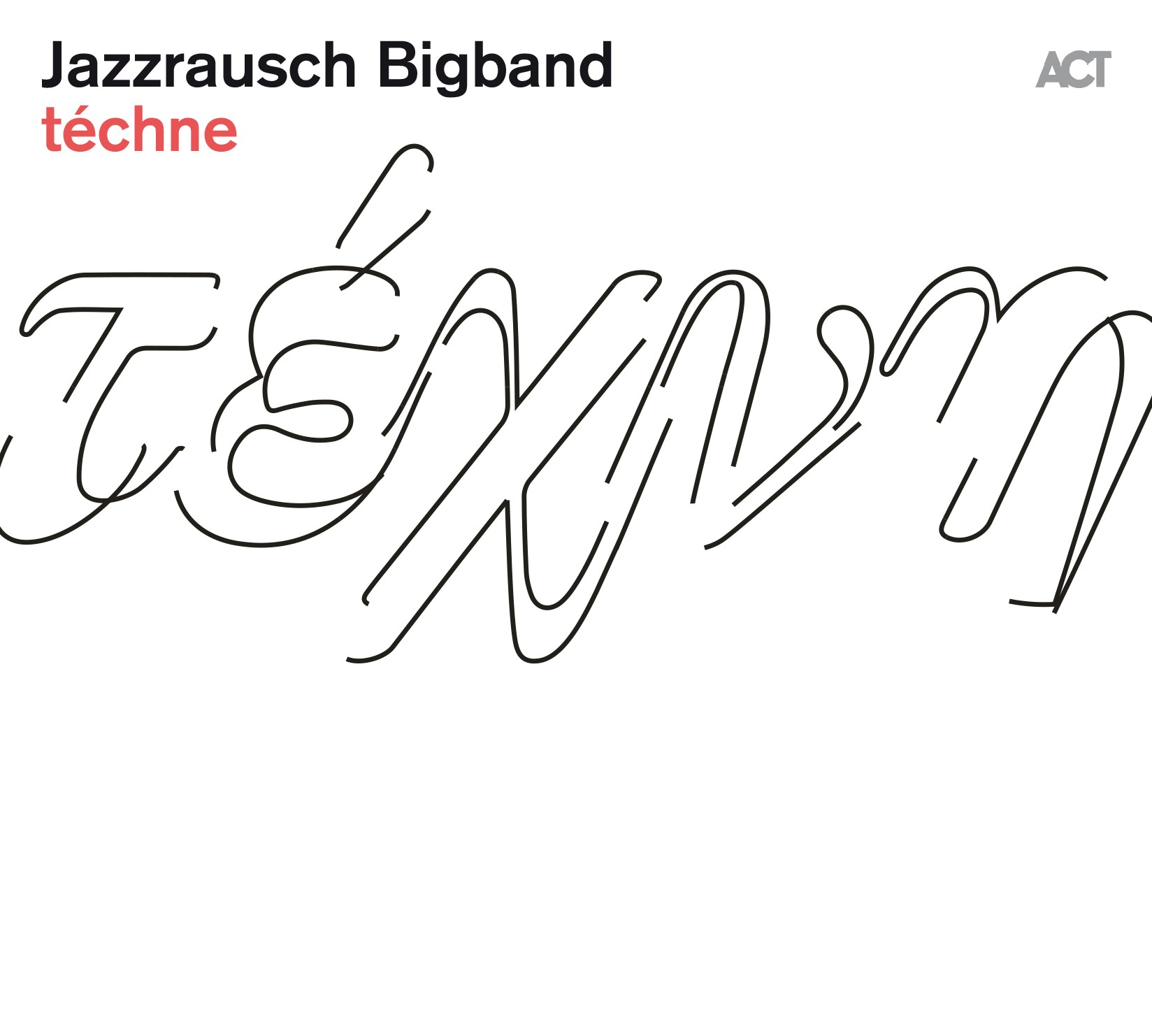Back
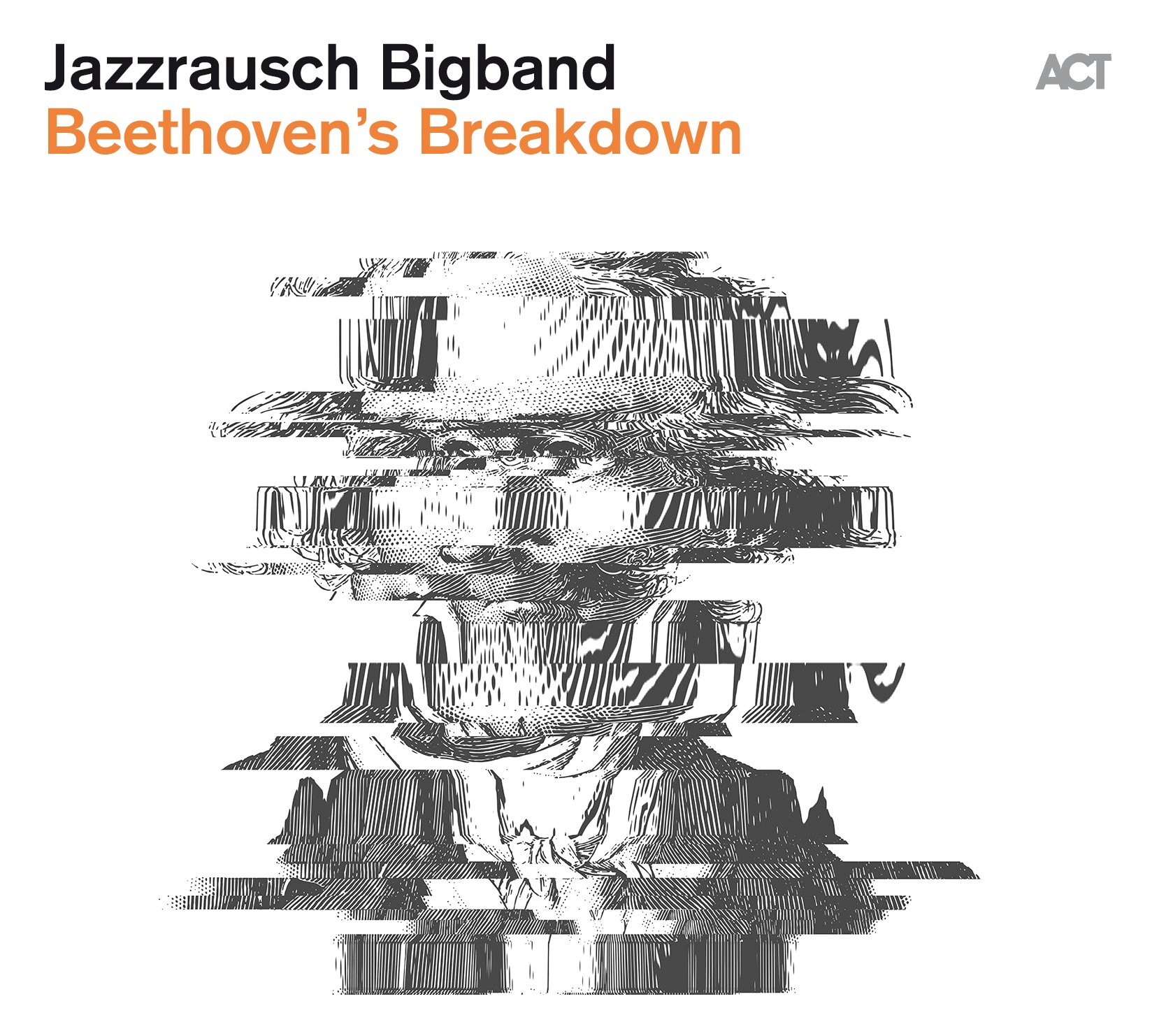
![Beethoven`s Breakdown Beethoven`s Breakdown]()


VÖ: 27.03.2020
Genre: Bigband
Jazzrausch Bigband
directed and produced by Roman Sladek
Special guest: Nils Landgren / trombone on Sonata I - IV
Recorded by Umberto Echo at Dorian Gray Studios, Eichenau / Munich in August 2019
Mixed by Umberto Echo
Mastered by Klaus Scheuermann
directed and produced by Roman Sladek
Special guest: Nils Landgren / trombone on Sonata I - IV
Recorded by Umberto Echo at Dorian Gray Studios, Eichenau / Munich in August 2019
Mixed by Umberto Echo
Mastered by Klaus Scheuermann
Ein atemberaubendes Gewebe aus technoiden Grooves, orchestralen Klangwolken und Jazzimprovisationen. Von zart vertonter Stille bis hin zum wummernd technoiden Untergang – mit Wonne werden die prominenten Werke Beethovens zerlegt und voller Neugier beleuchtet.
+ High-Res Download Code
Jazzrausch Bigband
"A meltdown of big band sound with house and techno
music." (Süddeutsche Zeitung)
With an average of 120 concerts per year, the Jazzrausch
Bigband is one of the busiest big bands in Europe. Through their concerts in
Europe, America, Asia, and Africa, they bring together jazz enthusiasts and
dance enthusiasts with "sonic power, groove, and tremendous stage
presence" (FAZ) like no other ensemble currently does. Groove with
intellect, electronic music with brass, jazz in a frenzy.
The driving forces behind the project are Munich-based
trombonist and music manager Roman Sladek and guitarist and composer Leonhard
Kuhn, who also resides in Munich.
The musical journey's nucleus and starting point is a Munich
institution: the "Harry Klein," one of the most renowned electronic
clubs in Europe. In 2015, just one year after its formation, the Jazzrausch
Bigband became the Artist in Residence at "Harry Klein," and the
young Munich audience went wild. A big band in a techno club. Truly unique. For
Munich and the world. Quickly, the stages grew larger, and the band filled
venues like the Muffathalle as well as high-culture temples like the Munich
Philharmonic, and they performed at renowned festivals across Germany. The
circles the band moves in continue to expand: concert tours have taken them to
the Lincoln Center in New York, the JZ Festival in Shanghai, the Safaricom
International Jazz Festival in Nairobi, the Ural Music Night in Yekaterinburg,
and the SXSW Music Festival in Austin.
It is not an exaggeration to call the band a phenomenon. One
that, in its own unique way, demonstrates what has been simmering and working
in this music called "jazz" for a long time: it is more than ever the
label for what doesn't fit into any box. And everyone, both musicians and the
audience, enjoys tearing down boundaries with delight. The music of the
Jazzrausch Bigband, it seems, fulfills several desires in this context: the
desires of clubgoers for something more authentic, handmade, fresh, and original.
And the desires of jazz and classical music listeners for more punch,
entertainment, big sound, and a fat groove.
